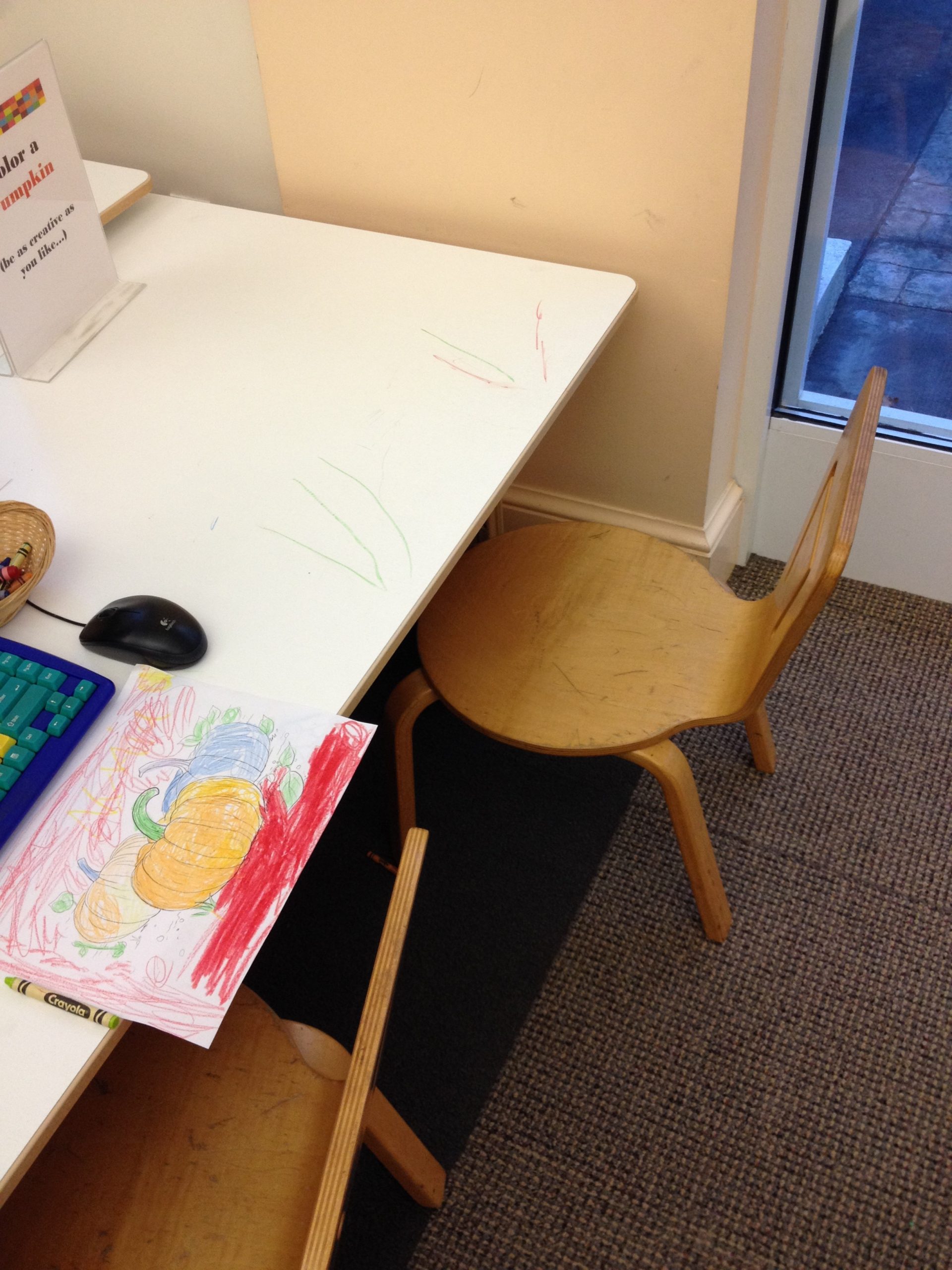Poor classroom behavior affects the learning of all children. Continous interruptions in the classroom make other students lose focus on a lesson. The negative effects are damaging. As a student intentionally creates a disruption in class it interrupts the teacher’s ability to instruct. Thus, the positive climate of the classroom changes to negative.
Poor classroom behavior does not always mean a student that throws a chair. There are many minor disruptions that cause the class to lose focus.
- A student that tries to control discussions or shouts out answers.
- Students that talk to other students or pass notes to another.
- Disruption occurs as a student joins the classroom late or leaves early.
- Someone sleeping in class.
- Students use cell phones.
Verbal interruptions make it hard for the other students to hear the discussion. Also, the instructor must stop the lesson in order to put a stop to the unwanted talking. Any type of disruptive behavior by a student encourages others to act the same. Therefore, instructional time is lost, low academic achievement occurs, students lose their motivation, and stress is spread throughout the classroom.
Increasing Poor Classroom Behavior
Interference in the classroom learning environment has increased according to over 60 percent of teachers. This increase is across grade levels. Also, teachers do not feel supported by administrators or parents. Some feel the behaviors are caused by family trauma and mental health conditions. Furthermore, there are changes in parenting and the growth of electronic devices. Teachers claim most behaviors are from tantrums, emotions, and defiance.
Instructors, teachers, and parents must understand that only a student can control their behavior. However, there are strategies they can apply to help contain the bad behavior. Students feel in control when they know what is expected of them. So, make clear behavioral expectations.
Make their day easy by constructing a schedule that is easy to follow. Therefore, children know what to expect.
Whether at home, in school, or at soccer practice, teach the routine. Also, be consistent. Clear and exact directions are important. Not everyone uses the same vocabulary to describe or explain. Therefore, choose words that are easily understood.
Teachers, instructors, and parents must be unemotional. Emotions only create more emotions.
Plus, consequences for unwanted behavior must be immediate. Otherwise, the behavior is not relevant.
The goal is to incorporate better behavior in the long run. However, there are some behaviors that are out of one’s control. These require professional help from a child psychologist, therapist, school counselor, or physician.




